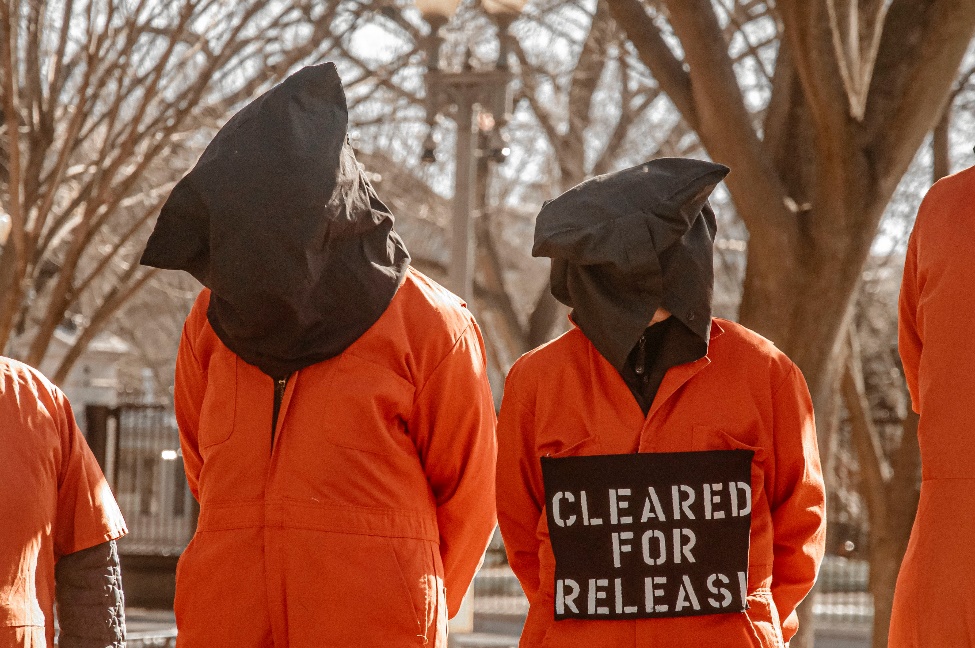For individuals unfamiliar with legal procedures, an arrest can trigger a cascade of uncertainty and stress. Understanding the bail process explained step by step can provide clarity and help you or your loved one take the right course of action. Each stage in the process plays a critical role in determining how quickly a defendant can return home.
Arrest and Booking
The process begins with an arrest, followed by booking, where law enforcement collects identifying information, takes fingerprints, and records the charges. This formal entry into the justice system triggers the next steps in the bail process.
Bail Hearing
Following booking, the accused appears before a judge, usually within 24 to 48 hours, for a bail hearing. The judge evaluates various factors, such as flight risk and the nature of the alleged crime, before setting bail. Indiana law clearly states that licensed bail bondsmen are only allowed to charge a maximum of 10% of the total bail amount. This is a non-refundable premium and a strictly enforced regulation.
Securing a Bail Bond
When the bail amount is too high to pay in full, families often turn to a bail bonds agency for help. A licensed bail bonds agent gathers basic information, such as the charges and the defendant’s location, and then proceeds to post bail after receiving the regulated premium. Choosing a reputable agent can make the process faster and more manageable, especially when someone is in urgent need of release.
Release and Court Obligations
Once bail is posted, the defendant is released with a legal obligation to attend all future court appearances. Missing court dates can lead to serious consequences, including arrest warrants and bond forfeiture. Many families prefer 24 hour bail bond services to ensure timely release at any hour, especially in urgent cases. Responsible bail bondsmen also assist with follow-ups and reminders to ensure compliance.

Choose DeLaughter Bail Bonds for Reliable Bail Solutions Across Indiana
At DeLaughter Bail Bonds, we provide professional, discreet, and affordable bail bonds, available through our experienced licensed bail bondsmen. With fast and dependable 24 hour bail bond services, we proudly assist clients in Kosciusko County, Wabash County, Whitley County, Huntington County, Grant County, Allen County, Adams County, and Wells County. Whether you’re looking for help after hours or need guidance through the full bail process explained, our team is here for you.
Visit our website or call now to speak with an agent who will walk you through the next steps with professionalism and care.





















